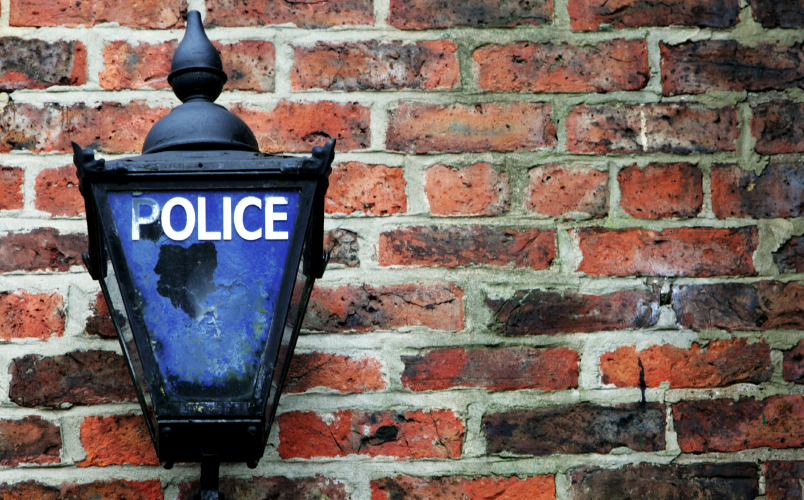[youtube http://www.youtube.com/watch?v=_ti8uDiLwU8&w=560&h=315]
INTERVIEW: The national police leader on body-worn video, Chief Constable Andy Marsh, talks about how body-worn cameras can ‘revolutionise’ the criminal justice system – one, he says, that currently leaves victims and witnesses dissatisfied.
‘When we look at the criminal justice system, it is steeped in history, tradition and legislation. It doesn’t always leave victims and witnesses feeling satisfied with what they have experienced,’ he says, explaining the reasons why body-worn video (BWV) cameras have been issued to more officers.
Hampshire Constabulary is the first force in the country to issue all front-line officers with the equipment. Talking to www.thejusticegap.com, Marsh argues that the footage, especially in regard to domestic violence, can give victims confidence to proceed against the perpetrators. ‘We are finding that it makes a massive difference around domestic violence,’ Marsh says. ‘Officers are recording the terrible state of disarray, injury and harm that is caused by domestic abuse. It gives victims and survivors the strength to carry that prosecution through.’
Civil liberty groups fear cameras have the power to ‘seriously undermine trust between the police’ and the community.
‘It is far from clear why the police need this kind of equipment, and the police should concentrate their efforts on engaging with the local community to tackle the issues of anti-social behaviour rather than resorting to underhand surveillance tactics.’
Emma Carr, Big Brother Watch
Marsh insists that he is not dismissing such concerns out of hand but insists that the cameras do not invade privacy. If people do not want to be filmed, then they will not be filmed unless – as he puts it – it is ‘proportionate and necessary’ to the incident. He explains that officers have to be justified to record anyone – in other words they would have to suspect some wrong-doing. It is a fine line. Acknowledging concerns, Marsh explains that national guidelines specifying what officers can and cannot do in regard to using the cameras have now been released by ACPO (Association of Chief Police Officers).
‘The professional practice describes that the person being recorded should be aware if it is practicable that they are being recorded, and the equipment we are using – when it is switched on – should show a screen with an image of what is being recorded so it is actually obvious.’
Chief Constable Andy Marsh
Earlier in the month Sir Brian Leveson made the case for the use of footage from body-worn cameras in his review of the criminal justice (Review of efficiency in criminal Proceedings) as evidence in the courts. The judge also reported that the public appeared to strongly support the equipment.
‘Independent researchers from the Institute of Criminal Justice Studies at the University of Portsmouth are presently evaluating the impact of body worn cameras on the Isle of Wight. A high percentage of those surveyed believe this initiative will help the police to be more efficient. At least 90 percent considered that cameras would assist the process of gathering evidence and identifying criminals, as well as increasing the likelihood of convictions.’
Sir Brian Leveson
Before making the decision to issue all front-line officers with body cameras, Hampshire Constabulary asked locals what they thought of the technology. About 90 percent of the public were in favour, Marsh reckons. ‘Confidence towards the equipment has remained strong, in fact grown and we have seen some really good outcomes,’ he says.
The cameras are already delivering the kind of efficiencies to the criminal justice system as envisaged by Sir Brian. He cites one example. ‘We have body-worn footage of a man threatening to kill a doctor, threatening to kill his children, making the most violence, unpleasant, offensive remarks. You could see people all around getting distressed by this behaviour on the body-worn video.’
As a result of the evidence the prosecution was sped up quite dramatically. The sentencing magistrates said that the offender would get a longer sentence because the court was able to see the offence for himself.
The national police leader on BMV explains that the force will continue to find ‘earlier admissions by suspects and earlier guilty pleas, which is better and cheaper justice’. ‘It professionalises the behaviour of the officer. We are getting less complaints. We think it will build trust and confidence through building transparency.’






